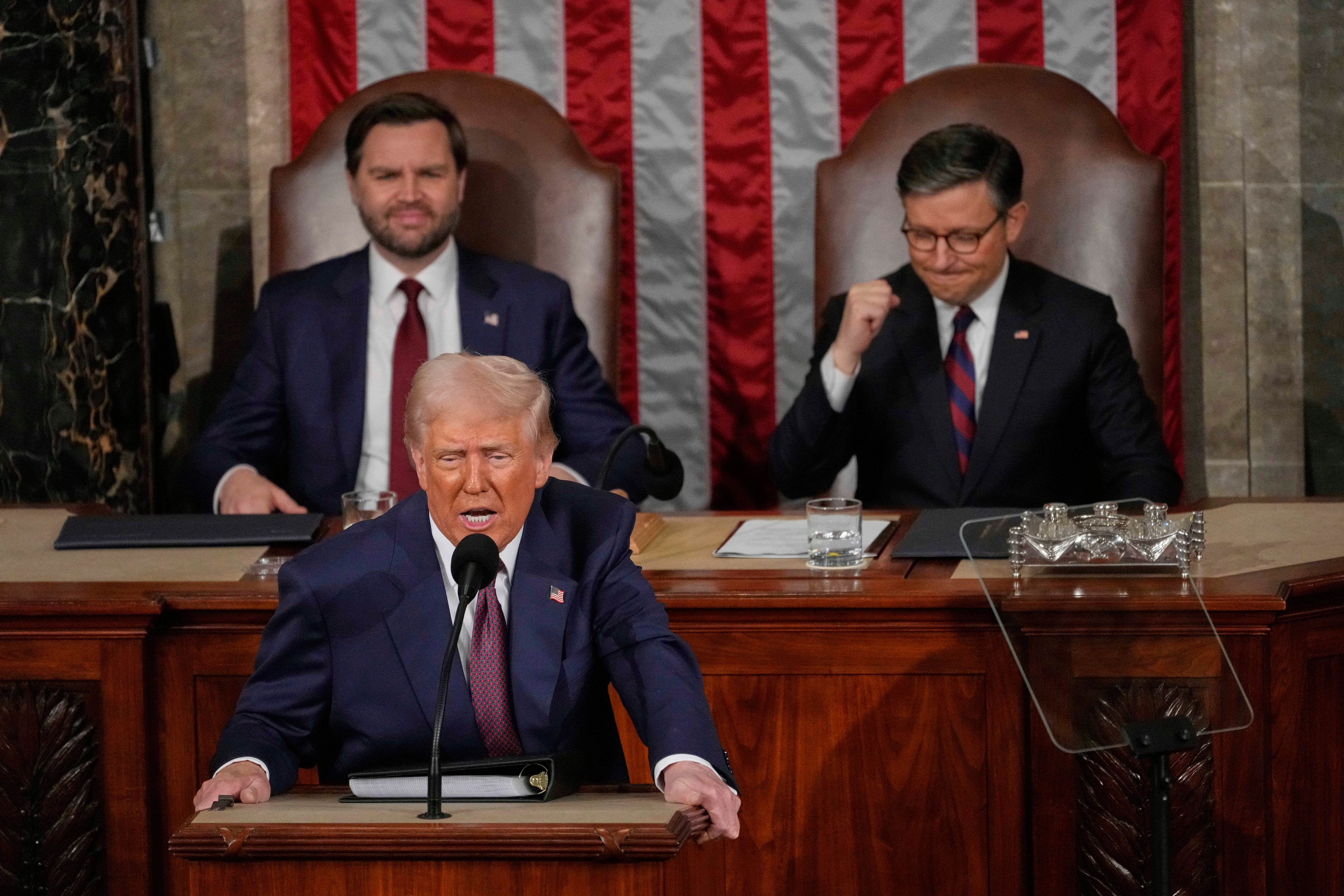In the strongest signal yet that the Defense Department will reject a blue-ribbon panel's proposal to significantly overhaul Tricare, the service surgeons general on Wednesday said today's military medical system has a proven track record of ensuring readiness.
Army Lt. Gen. Patricia Horoho, Navy Vice Adm. Matthew Nathan and Air Force Lt. Gen. Thomas Travis told the the Senate Appropriations Committee's defense panel that battlefield successes and advancements as well as ongoing health system improvements as reasons to stay the course.
Horoho spoke most bluntly on the need to continue a transition plan now underway, calling any comparisons between Army medicine and civilian health programs one of the "biggest threats" to the system.
"Our hospitals are our health readiness platforms," Horoho said. "This crucial link to readiness sets us apart from the civilian health system. … Any radical departure from our combat-tested system would degrade readiness in an environment where our next deployment could be tomorrow."
The Military Compensation and Retirement Modernization Commission has recommended that active-duty families, military retirees and their families and reserve members be moved to commercial-based health plans managed by the Office of Personnel Management, similar to the health plans offered to federal employees.
The commission argues that such a privatized system would improve access and quality of care for those who use the program, which commission members dubbed Tricare Choice.
They also say their proposal, which would allow military treatment facilities to concentrate on active-duty troops and activated reserve members and take only medical cases that meet the military's training needs, would enhance medical quality across the board.
But Nathan said most of the health issues commanders deal with are not combat casualty cases, but infectious diseases, other injuries and common illnesses, and military treatment facilities already provide platforms for this training.
"Although it's important to focus on combat casualty and trauma capabilities … it's [also] important we have a wide range of patients, ranging from the very young — pediatrics — for when we are involved in humanitarian missions, evacuations, and the elderly," Nathan said. "We have robust partnerships with shock trauma centers to keep our [combat] skills sharp,"
The commission issued a 300-page report in February making 15 recommendations on military pay and benefits, including radical proposals to alter the military retirement, health care and commissary and exchange systems.
The Obama administration is expected to provide its response to the report by April 1.
The Defense Department has been building a case for its own proposed changes to Tricare, which are being floated as part of the fiscal 2016 defense budget request, including consolidating Tricare into a single system, increasing fees on retirees and family members, adding punitive charges for patients who misuse emergency rooms and introducing new fees for Tricare for Life.
Travis said that vision, along with other changes underway within DoD, such as consolidating common services of the service medical commands under the Defense Health Agency and efforts to increase efficiency in major health care markets nationwide, will improve military health and readiness.
"I am confident we are on course to ensure medically fit forces, provide the best expeditionary medics on the planet and improve the health of all we serve to meet our nation's needs," Travis said.
Patricia Kime is a senior writer covering military and veterans health care, medicine and personnel issues.




